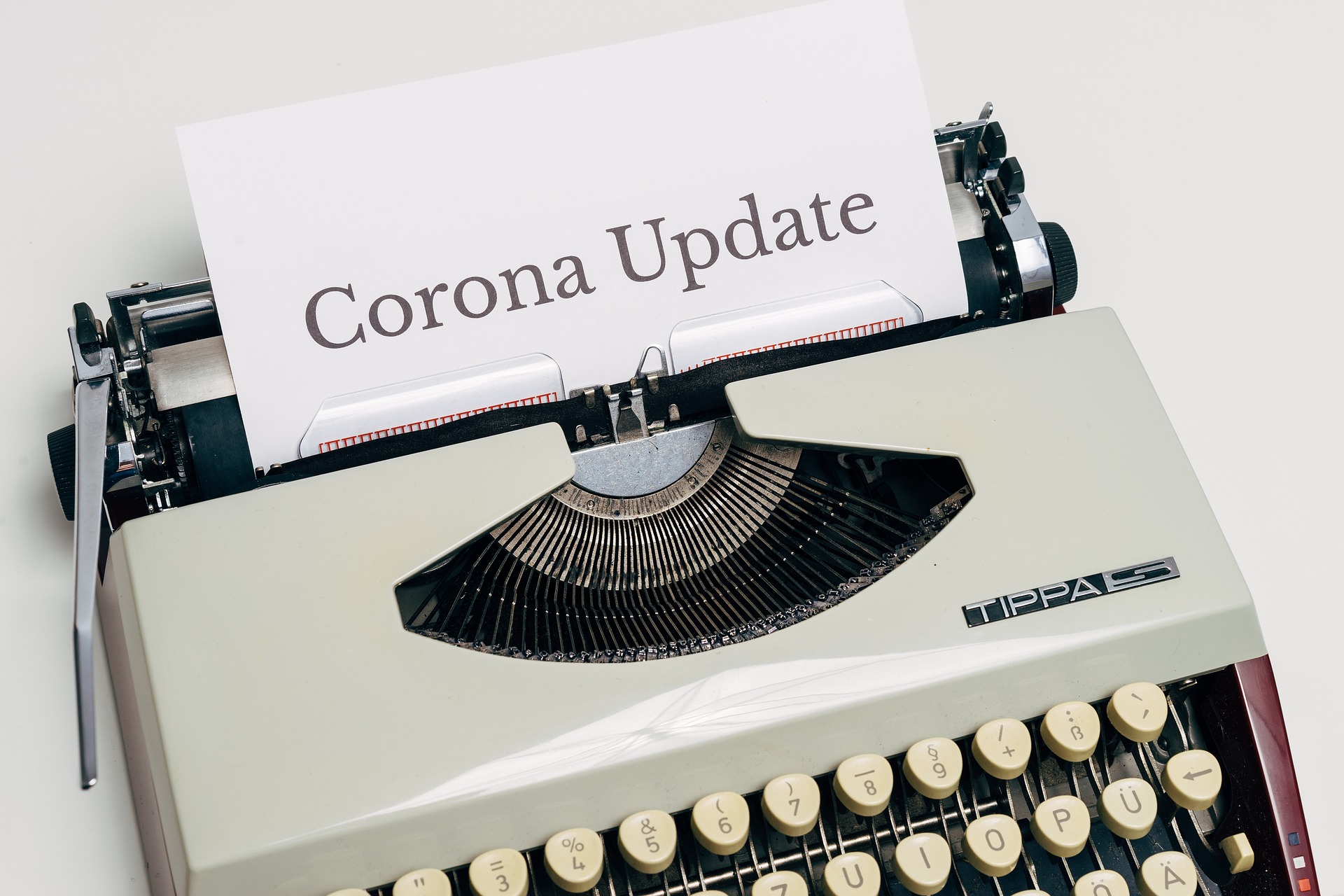Recently, the American Immigration Lawyers Association (AILA) requested an update from the U.S. Citizenship and Immigration Services (USCIS) regarding the delayed adjudication of Form I-829 petitions filed by EB-5 investors seeking to remove their conditions on permanent residence.
AILA suggested two alternatives for providing evidence of continued lawful permanent residence which consisted of making simple adjustments to the language of Form I-829 receipt notices.
On January 19, 2024, USCIS responded to these concerns indicating their awareness of the issue and ongoing efforts to reduce the burden on investors.
USCIS pointed out that beginning on January 11, 2023, the agency extended the validity of Permanent Resident Cards (also known as Green Cards) for petitioners who properly filed Form I-829, for 48 months beyond the green card’s expiration date.
This extension was made in consideration of the long processing times USCIS has been experiencing to adjudicate Form I-829, which have increased over the past year.
They also note that USCIS field offices also recently began issuing and mailing the Form I-94 (arrival/departure record) with ADIT (temporary 1-551) stamps as temporary evidence of Legal Permanent Resident status without requiring an in-person appearance at field offices, for investors who have requested evidence of their LPR immigration status from USCIS.
 Visa Lawyer Blog
Visa Lawyer Blog











